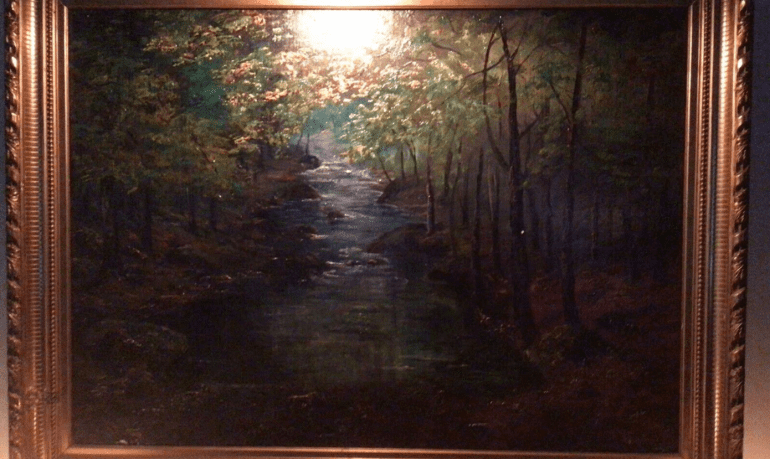- Dr. Carina Popovici’s AI analysis reveals up to 40 counterfeit paintings, including alleged Monet and Renoir works, on eBay.
- eBay claims to prohibit counterfeit items but fails to effectively address the issue.
- Art Recognition’s innovative AI technology revolutionizes the authentication process, aiding in the identification of counterfeit artworks.
- Despite eBay’s efforts, the prevalence of counterfeit listings underscores challenges in maintaining trust in the online art market.
Main AI News:
A groundbreaking study reveals a startling reality in the art market: up to 40 counterfeit paintings, including alleged works by Monet and Renoir, have infiltrated eBay. Dr. Carina Popovici, an authority in authenticating artwork, leveraged state-of-the-art artificial intelligence (AI) to scrutinize listings on the online platform. The findings are alarming, with many artworks showing a “high probability” of being fraudulent.
Popovici’s AI algorithm flagged numerous listings as fakes, indicating a pervasive issue within eBay’s art market. Among the identified counterfeits are a supposed Monet titled “Forest With a Stream,” listed for $599,000, and a purported Renoir study of Claude Renoir, priced at $165,000.
eBay, in response to inquiries, asserts a strict policy against counterfeit items. However, the efficacy of their measures is brought into question as the platform fails to stem the tide of fraudulent listings. Despite repeated attempts by Popovici to alert eBay to the problem, including reaching out to offices in the UK, Germany, and the US since December 2023, no substantive action has been taken.
The implications of this discovery are significant, as unsuspecting buyers risk purchasing fake artworks under the guise of authenticity. Popovici emphasizes the urgency for eBay to address the issue seriously, stressing their responsibility in combating art fraud.
In a statement to the Guardian, eBay reaffirms its commitment to authenticity verification, citing the utilization of AI technology and trained investigators. Nevertheless, the persistence of counterfeit listings highlights the need for more robust enforcement measures.
Art Recognition, the Swiss company led by Popovici, stands at the forefront of combating art forgery. Their innovative AI technology, developed in collaboration with renowned institutions, has revolutionized the identification of counterfeit artworks. By analyzing intricate details such as brushstroke patterns and color palettes, Art Recognition provides invaluable insights into the authenticity of artworks.
Conclusion:
The potential impact of AI in safeguarding the integrity of the art market cannot be overstated. With advanced technology, discerning genuine artworks from counterfeits becomes more accessible, empowering both buyers and sellers to make informed decisions. However, the prevalence of art fraud underscores the ongoing challenges in maintaining trust and transparency in online art transactions.

